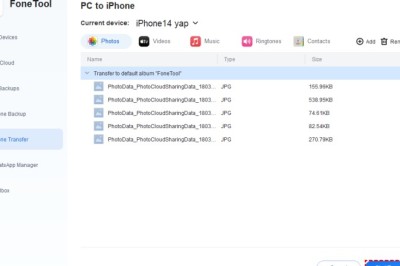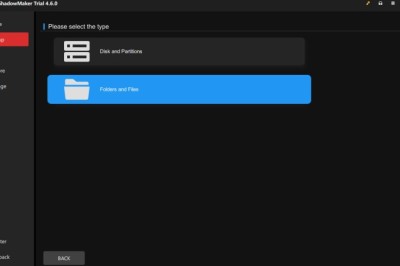views
A better handle on your personal finances is always going to mean a better way of life by ensuring you’re set up to comfortably pay for the things you need, avoiding debt, and preventing finance-based stress. Nevertheless, arranging your personal finances in a better way can be a struggle for many. You need to prepare budgets, understand your outgoings and save where you can – and as well as general savings, an emergency fund is something which is always encouraged.
Why is an Emergency Fund Important?
An emergency fund is there for when things go wrong. It’s a safety net and a savings amount which operates separately to your normal saving accounts. It’s very easy to dip into your regular savings and have them fluctuate, which is why having a set-amount emergency fund saved separately (in an account you don’t use) can be beneficial for life’s unexpected financial demands which can crop up anytime.
3 Top Tips for Preparing an Emergency Fund
1. Open Up an Official Emergency Fund Account
The first step is to officially open up a savings account that will be your emergency fund. This could be a new online account with your internet banking, or you may want to do it a different way, such as physically storing the cash in a safe place at home. You can decide the way which works best for you but also think about money security (such as having large amounts of cash in your home).
2. Think About the Emergencies That Demand Immediate Finances
Everybody’s lifestyle is different, so you need to think about what your personal emergency fund should cover and whether any would crop up in your life that would demand more immediate payment.
As a starting point, mortgage and rent payments are a good one. However, in terms of everyday emergencies, do you need to save an amount to fix your car should it break down? Do you have an expensive laptop you depend on for your livelihood, in which case you’d need enough to pay for repairs? Think about what would you do if your boiler broke or if you had to pay for home maintenance issues unexpectedly? Your emergency fund savings goal should take all of this into account.
In situations like these, you may find yourself panicking. You may need to solve the problem quickly but don’t want to think too much about how much it costs. However, you should, as some companies will take advantage of this panic. To ensure that those repairs demanding immediate finances from you don’t drain your savings altogether, make sure to do some research – is the company you are looking into offering competitive prices for a decent turnaround? Do they have any special perks? For instance, if you look into this laptop repair London company, you will note that they perform a free-of-charge diagnosis. Not all companies will do this. Once you have a quote, repairs can be completed within around 24-48 hours. Just because they are immediate payments doesn’t mean it has to drain your account.
3. Save more for at Least 3 Months
You need a goal that you are working towards when it comes to saving. As a rough idea, you should have an emergency fund that covers at least 3 months’ worth of rent or mortgage as a foundation. This means if the worst should happen (such as losing your job), you have a significant amount of time to get back on your feet. Always ensure you have this in your account at any one time. If you have an emergency that takes this amount, up how much money you send to this savings account every month or week.





















Comments
0 comment